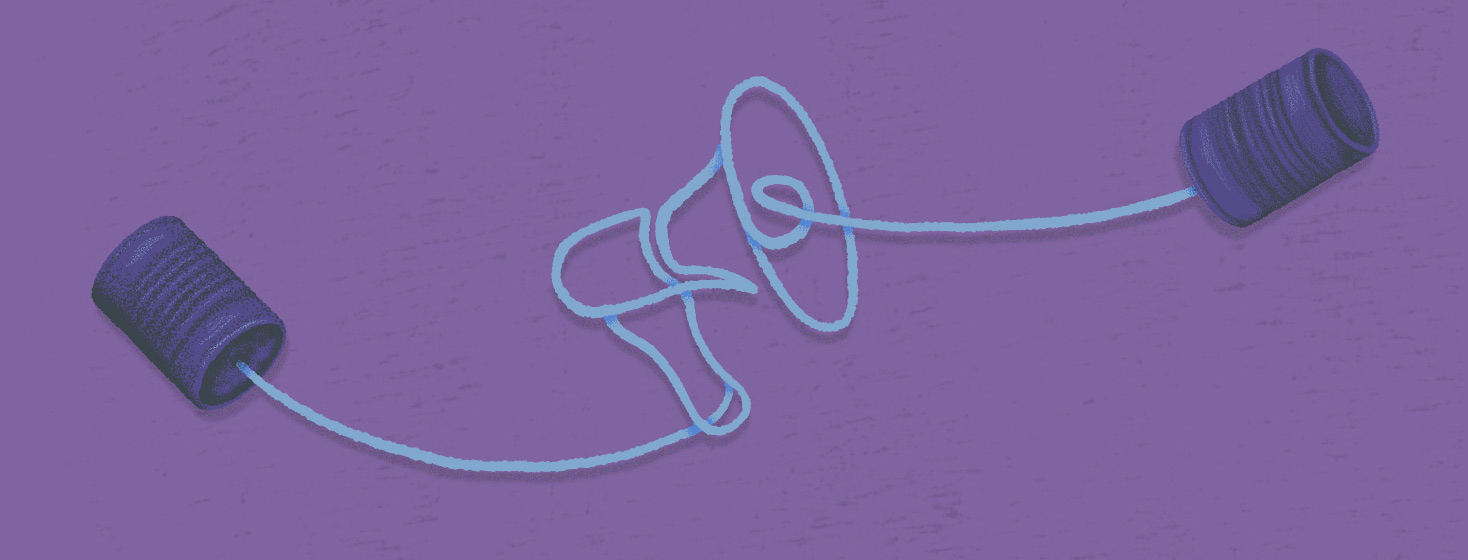The Fallible Caregiver Series: Do You Even Care?
My wife shed many tears when we relocated from California to Oregon 3 years ago.
Her tears weren't solely for missing California, nor were they strictly for leaving behind family and friends. Her heartache stemmed from departing from her cherished oncologist at the City of Hope cancer hospital.
Moving meant leaving an amazing care team
The thought of parting ways with the team of specialists and nurses, who had become like family, brought her to tears. City of Hope held a special place in my wife's heart; it was her nest of safety.
Feeling alone and ignored
Upon arriving in Oregon, she was admitted to a prominent hospital and cancer center in a renowned city. While I won't disclose the hospital's name, I'll say our experience was the polar opposite of our time at City of Hope.
Most of the medical professionals and staff there seemed distant and uninterested, making no effort to establish a personal connection with my wife. Often, we felt like a mere number, swiftly ushered in and out.
Her initial oncologist didn't reach out to her or see her for 4 months. This wasn't just any patient with a broken toe; this was a young woman battling stage 4 metastatic breast cancer!
New hope with a new oncologist
After a year, that doctor left the hospital, joining the exodus of medical staff. His replacement, a highly credentialed oncologist specializing in breast cancer, gave us new hope.
The day we met her, she came into the room, sat down, asked my wife about 5 questions, asked if we had any questions, and then left. WTF? She didn't even introduce herself or say, "Hi, nice to meet you." It was all business.
This or That
Have you ever left a cherished oncologist because of a move?
Speaking up for my wife and other patients
During that encounter, my frustration reached a boiling point. I couldn't stay silent any longer, advocating for my shy wife.
"We are excited to have you on Rebekah's case now. We had little communication or connection with the last oncologist. Our experience so far at this hospital has not been good. We feel like just another number. I want to remind you how important you are to my wife and to all your patients. You kind of hold their lives in your hands. Please don't take this the wrong way, but my wife needs you in her corner. We just want to know that someone gives a s**t about her."
The new oncologist's response was reassuring, but actions spoke louder than words. 2 years later, despite her role as Rebekah's oncologist, we hadn't heard from her once.
An unexpected safety nest
Fortunately, a cancer center closer to home provided solace in Medford, Oregon. While lacking breast cancer specialists, Rebekah found a compassionate general oncologist and a caring PA (physician assistant). The staff at Heimann Cancer Center exude warmth and compassion, significantly impacting their patients' emotional well-being.
Rebekah's general oncologist now oversees communication with specialists at the larger cancer hospital, streamlining Rebekah's care. Unless specialized treatment is required, all appointments and treatments are conveniently handled at the local cancer center.
Lessons in finding compassionate care
From our journey, I draw 2 key lessons for you.
First, if you or a loved one feels like just a number, speak up. Demand the care and consideration you deserve. When facing a life-threatening illness like stage 4 metastatic breast cancer, it's not unreasonable to expect empathy from your healthcare providers.
Second, doctors, nurses, and caseworkers (at least the good ones) often don't know, or they forget how important they are to their patients. They're overworked and juggle too many patients, and I'm sure it's easy to go through the motions. Let them know. Tell them how thankful you are for them. Tell them how important and special they are in your or your loved one's life.

Join the conversation